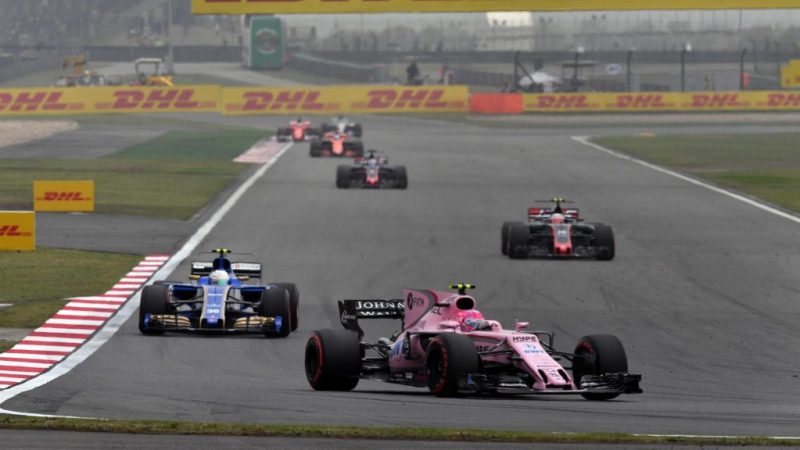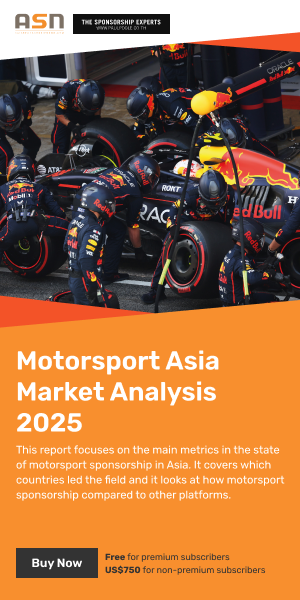Register
to get articles and more to your inbox
News & insights
Archive
Directory
China Gives F1 Another Boost But It’ll Take A Generation to Bed Down in Asia

Formula One Group and race organiser Juss Sports Development have renewed a deal to host the Chinese Grand Prix in Shanghai for a further three years. The race has been a permanent fixture on the F1 calendar since 2004.
The 15th edition of the race will be moved to the 15th April in 2018 – two races earlier than usual – to a week after the Bahrain Grand Prix (subject to approval by the International Automobile Federation’s (FIA) World Motor Sport Council).
“We are very pleased to have reached an agreement which will see the Formula 1 Chinese Grand Prix continue as a fixture of the Formula 1 World Championship for at least a further three years,” said Chase Carey, chief executive of Formula One.
Carey went on to cite “unexplored potential” in China and rumours suggest that Formula One is keen to add a second Grand Prix in China to leverage on the fast-growing sports industry in the nation. He continued, “We and our partners in this venture want to make this Formula 1 Chinese Grand Prix even more spectacular, while bringing Chinese fans ever closer to the sport.”
The news comes back to back with the news of the extension of the Singapore Grand Prix but several months after Malaysia was confirmed to be holding its last ever race this weekend. A position that has been solidified this week by the race promoter – Sepang International Circuit – who stated that they wouldn’t hold a F1 race even if Carey offered a free race licence. A damning reflection of the sport’s fall from popularity in what was one of F1’s stronghold markets in Asia.
Other historic blows to F1 in Asia in recent years have been the loss of the Korean and Indian Grand Prix. The former ran at a sustained loss since its inception; the decision to site it in a remote location several hours from the capital Seoul was a big backfire. Whereas the latter ran into local state tax issues in 2014 and the latest ruling in April does not give hope for an immediate return.
Asia was Bernie Ecclestone’s big strategy in the early 2000’s but the pricey economics of the race – coupled with no historic fandom among Asian consumers – means that F1 has had a bumpy start which will continue for some time. How long for? As long as Formula One Group innovate, we would suggest at least ‘a short generation’ to allow fans to entrech their passion for the sport and get behind it.








